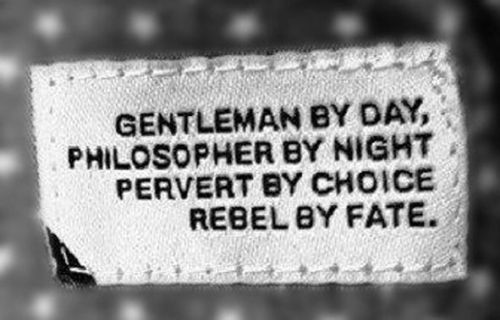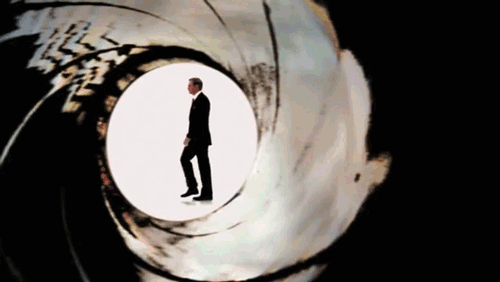
Twilight's Last Gleaming is a 1977 film directed by Robert Aldrich, starring Burt Lancaster and Richard Widmark. It is loosely based on the 1971 novel, Viper Three, by Walter Wager. It tells the story of Lawrence Dell, a renegade USAF general, who escapes from a military prison and takes over an ICBM silo near Montana, threatening to launch the missiles and start World War III unless the President, played by Charles Durning, reveals the real reason why America fought in the Vietnam War.
A split screen technique is used at several points in the movie to give the audience insight into the simultaneously occurring strands of the storyline.
The film's title, which functions on several levels, is taken from The Star-Spangled Banner, the national anthem of the United States of America:
O say, can you see, by the dawn's early light / what so proudly we hailed at the twilight's last gleaming.
Loosely adapted from novelist Walter Wager's 1971 thriller, Viper Three, Twilight's Last Gleaming is Robert Aldrich's impassioned and provocative excoriation - and, perhaps implicitly, exorcism - of the American government's administrative Cold War policy that sought to wage a representative, small-scale, protracted ideological war in Vietnam in order to reinforce a "doctrine of credibility" to the (then) Soviet Union and world at large of the country's resolve and willingness to win war at all cost, even if the rules of engagement are reduced to levels of barbarity, untold casualty, mass murder, and human atrocity. Aldrich frames the country's deeply troubled moral conscience through an unlikely pair of world-weary idealists: a former military general and conscientious objector turned escaped convict named Larry Dell (Burt Lancaster) who, in his increasingly criticism of the war and volatile temperament, became a convenient target for government discreditation, and the newly elected president, David Stevens (Charles Durning) who, even in holding office in the aftermath of Vietnam, cannot escape its haunted, unreconciled legacy in his appointment of seasoned cabinet advisors who had weathered the political fallout (and dodged accountability) for the interminable war (Aldrich astutely assembles a cast of veteran actors including Joseph Cotton, Richard Widmark, and Melvyn Douglas to reflect the advisors' status as fossilized relics out of touch with the consequences and social reality of their ideological war game). Recently escaped from a correctional facility where he is serving time on a trumped up murder conviction, Dell enlists the aid of fellow convicts, musclemen Willis (Paul Winfield) and Augie (Burt Young), and trigger-happy safecracker, Hoxey (William Smith) in an elaborate plot to break into the nuclear silo of a military base, commandeer its ICBM missiles, and hold the government - and the world - hostage in exchange for a large sum of money, a safe passage on Air Force One, and above all, the full disclosure of a top secret transcript detailing the former administration's attempts to continue the Vietnam engagement despite already known inevitable consequences and the impossibility of victory as a means of deterrent by proving the country's willingness to use nuclear weapons in the event of an all out war under a policy of mutual assured destruction. In its bracingly contemporary and profoundly relevant exposition on the moral consequences of entrenched ideology and disconnected (and delusive) righteousness, Twilight's Last Gleaming articulates a sincere and elegiac plea for transparency in government and empowerment of the people - a sobering vigil for the restoration of the dignity of political service and the dying ideals of a once great civilization that, in the myopic intoxication of power, has lost its way.























No comments:
Post a Comment